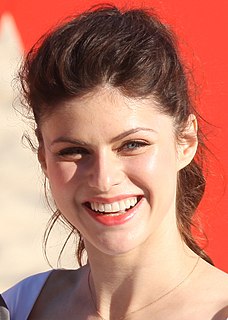A Quote by Jane Austen
They walked on, without knowing in what direction. There was too much to be thought, and felt, and said, for attention to any other objects.
Related Quotes
I have always directed my attempts at the figurative representation of objects by way of summary and not very descriptive brushstrokes, diverging greatly from the real objective measurements of things, and this has led many people to talk about childish drawing.. ..this position of seeing them (the objects) without looking at them too much, without focussing more attention on them than any ordinary man would in normal everyday life..
Dialogue is really aimed at going into the whole thought process and changing the way the thought process occurs collectively. We haven't really paid much attention to thought as a process. We have engaged in thoughts, put we have only paid attention to the content, not to the process. Why does thought require attention? Everything requires attention, really. If we ran machines without paying attention to them, they would break down. Our thought, too, is a process, and it requires attention, otherwise its going to go wrong.
When I first moved here, I almost felt like I was obligated to hate L.A. as a New Yorker. I moved way too fast for this city. I walked everywhere, and I was lonely, too. It was a really hard time not knowing anybody, and you don't run into people the way you do in New York. You can go a week without seeing anyone.
Gandhi said it; Frederick Douglass said it. A lot of people have probably said 'It's not Christ that I have a problem with, it's his people.' And that was my struggle: it's God's people. I felt disenfranchisement. I felt so much abuse from organized religion because I'm walking in a direction that a lot of them couldn't fathom and can't understand.
I'd met Harrison Ford before, but he was just finishing a meet with Jon Favreau and the other producers on the film, and we said "hello" as he walked out and I walked in and sat down and had this meeting with those guys. They basically described what they were looking for, and they thought that I brought a certain amount of authenticity to the genre, and would I want to take part? And I said, "Absolutely! I'd love to!"
Yes, there is something in me hateful, repulsive," thought Ljewin, as he came away from the Schtscherbazkijs', and walked in the direction of his brother's lodgings. "And I don't get on with other people. Pride, they say. No, I have no pride. If I had any pride, I should not have put myself in such a position".
Eventually we realize that not knowing what to do is just as real and just as useful as knowing what to do. Not knowing stops us from taking false directions. Not knowing what to do, we start to pay real attention. Just as people lost in the wilderness, on a cliff face or in a blizzard pay attention with a kind of acuity that they would not have if they thought they knew where they were. Why? Because for those who are really lost, their life depends on paying real attention. If you think you know where you are, you stop looking.
Of true knowledge at any time, a good part is merely convenient, necessary indeed to the worker, but not to an understanding of his subject: One can judge a building without knowing where to buy the bricks; one can understand a violin sonata without knowing how to score for the instrument. The work may in fact be better understood without a knowledge of the details of its manufacture, of attention to these tends to distract from meaning and effect.
Someone asked me...how it felt and I was reminded of a story that a fellow townsman of ours used to tell--Abraham Lincoln. They asked him how he felt once after an unsuccessful election. He said he felt like a little boy who had stubbed his toe in the dark. He said that he was too old to cry, but it hurt too much to laugh.







































